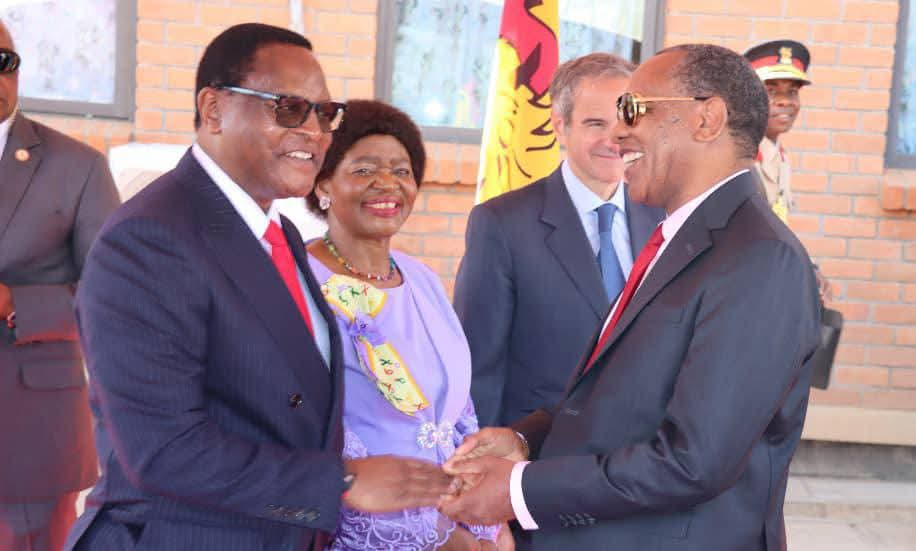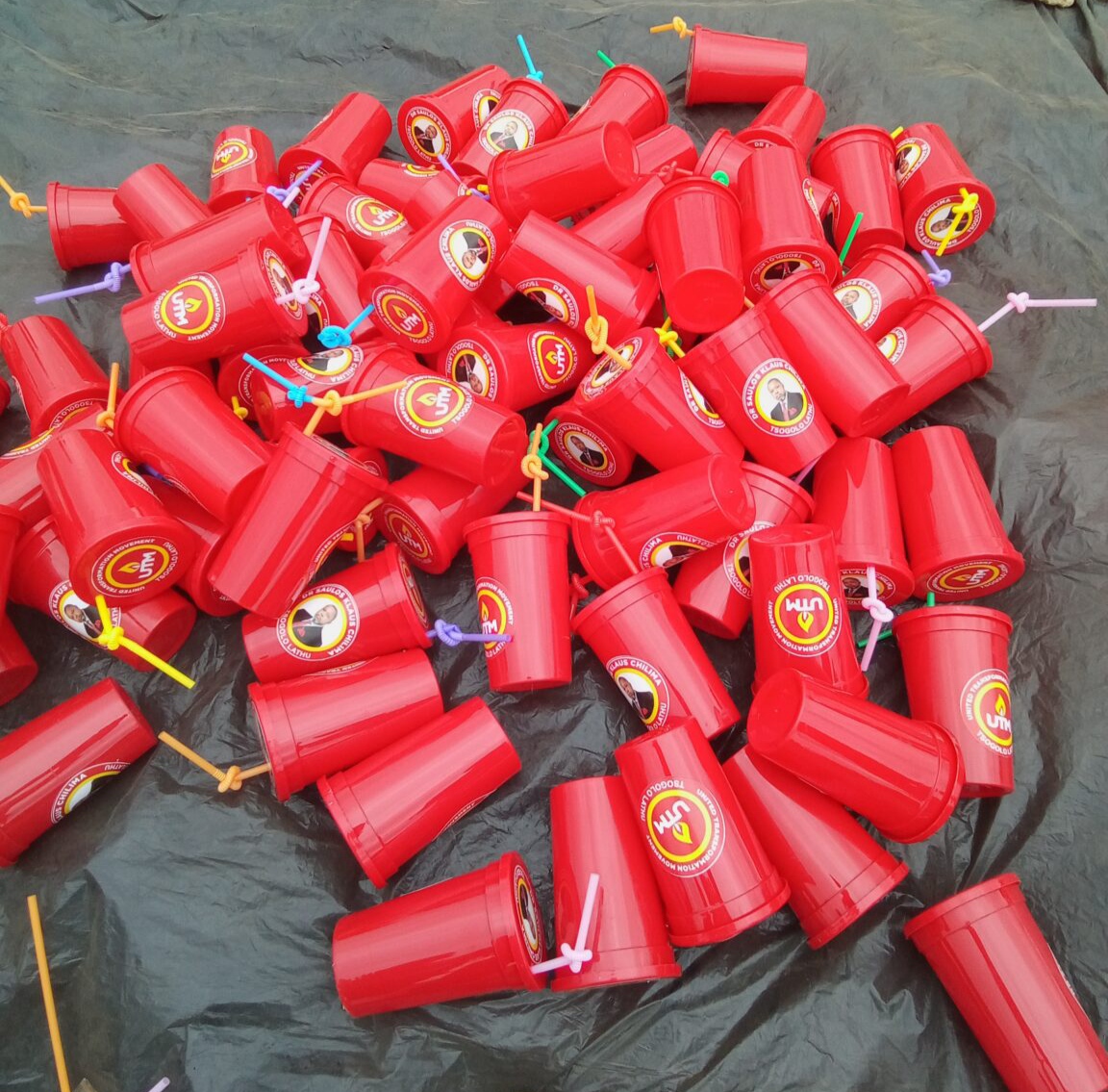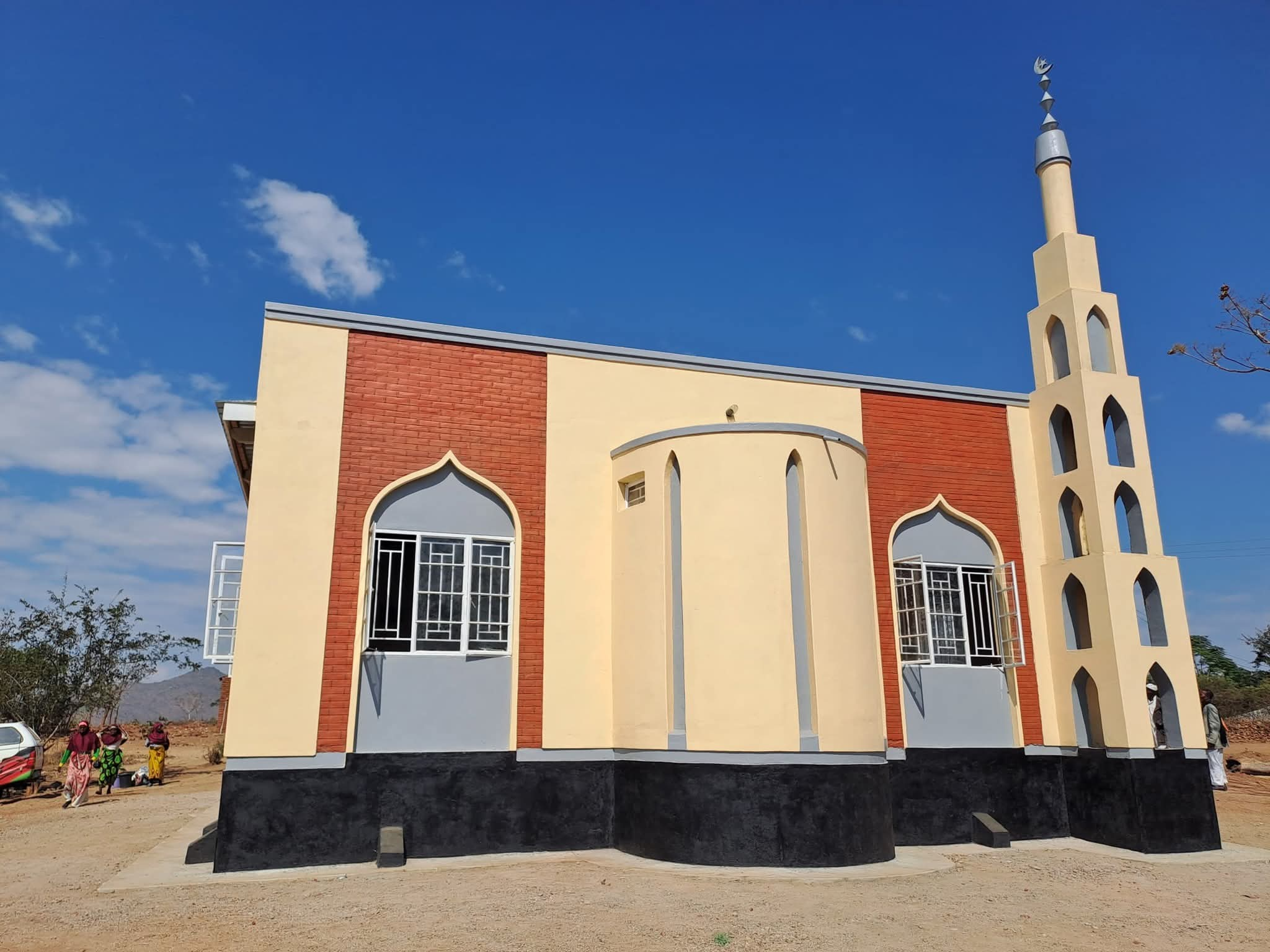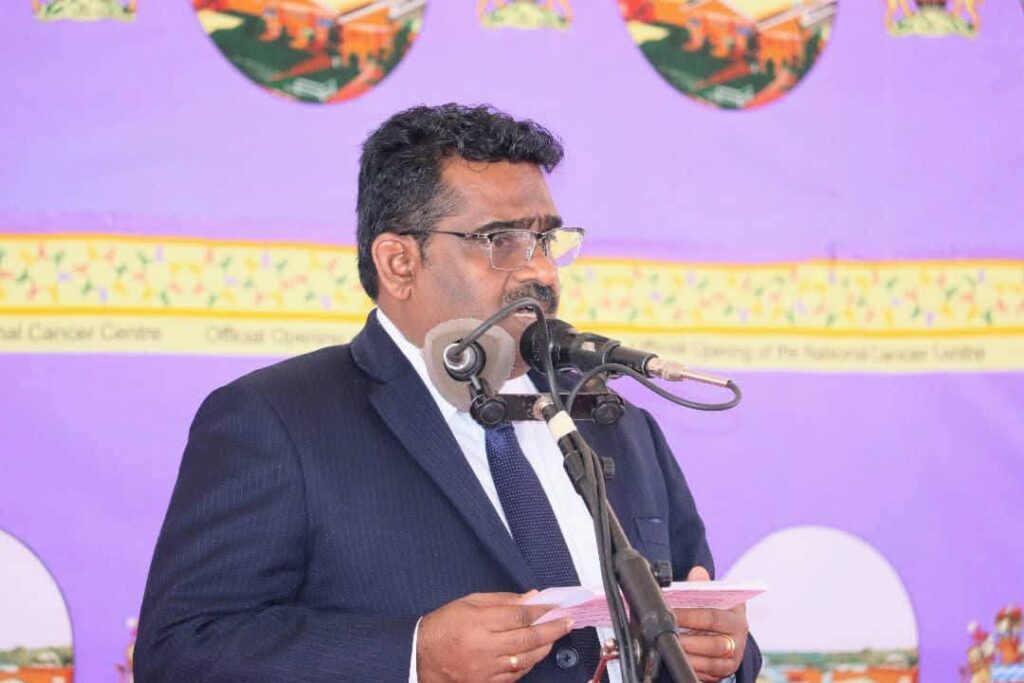
By Suleman Chitera, Lilongwe
President Lazarus Chakwera has described the newly commissioned National Cancer Centre (NCC) in Lilongwe as a game changer in Malawi’s public health landscape, hailing it as a modern facility poised to transform the fight against cancer in the country.
Speaking during the commissioning ceremony on Thursday, Chakwera said the NCC, Malawi’s first-ever public cancer treatment facility, will drastically reduce the burden on patients who previously had to travel abroad for treatment.
“This centre is an arsenal against cancer. It represents not just infrastructure, but the hope and determination of the Malawian people,” he said. “It is a symbol of what we can achieve when we unite behind a common cause.”
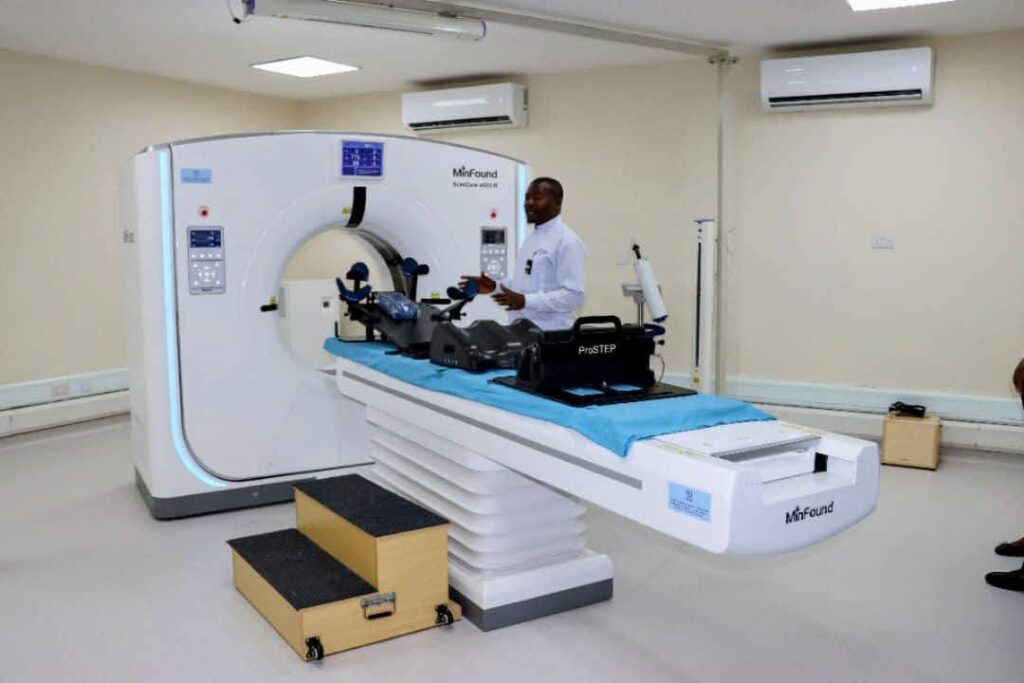
Malawi continues to battle rising cancer cases, with cancers of the cervix and oesophagus among the leading causes of death. The President emphasized that the facility is a vital step toward reversing this trend.
He acknowledged the collective efforts that made the NCC possible, including international partners such as the International Atomic Energy Agency (IAEA), the Government of India, and local medical professionals who have long championed the need for such a centre.
“Above all,” Chakwera added, “we could not have done it without God and the fighting spirit of the Malawian people.”
The state-of-the-art facility features six radiotherapy bunkers—three already equipped with advanced machines capable of treating up to 100 patients daily.
Health Minister Khumbize Kandodo Chiponda described the development as a “historic milestone” in Malawi’s health system. She noted that, for years, limited access to cancer care had forced patients onto long waiting lists and required costly treatment abroad.
“This centre brings services closer to the people and restores dignity to cancer patients who no longer have to endure the pain of uncertainty and displacement,” Chiponda said.
Representing the Indian Government, High Commissioner Dr. Subbiah Gopalakrishnan reaffirmed India’s commitment to supporting the centre through staff training and equipment maintenance for the next two years.
“This centre is rooted in the philosophy of One Nation, One Health,” said Gopalakrishnan. “It shows what we can achieve when we work together.”
IAEA Director General Rafael Mariano Grossi, whose agency played a key role in equipping the centre, said the NCC demonstrates that even countries with limited resources can offer world-class cancer care.
“Every Malawian, no matter where they come from, deserves access to the best care,” Grossi said. “And we will continue to support that vision.”
One of the event’s most emotional moments came from Lilongwe City West MP George Zulu, a cancer survivor, who shared his personal journey with lymphoma.
“I was cured because I had access to treatment,” Zulu said. “Now this centre offers that same hope to thousands more.”
President Chakwera closed the event with a rallying call for integrity and collective responsibility in national development.
“Poverty should not multiply poverty through corruption,” he warned. “Let us work hard, serve honestly, and ensure this facility benefits every Malawian in need.”
The NCC, which currently hosts 80 beds, has already admitted over 100 patients. Outpatient services have reached more than 2,000 people annually, including over 200 children. The President pledged that this is only the beginning, with similar investments planned across the country.

